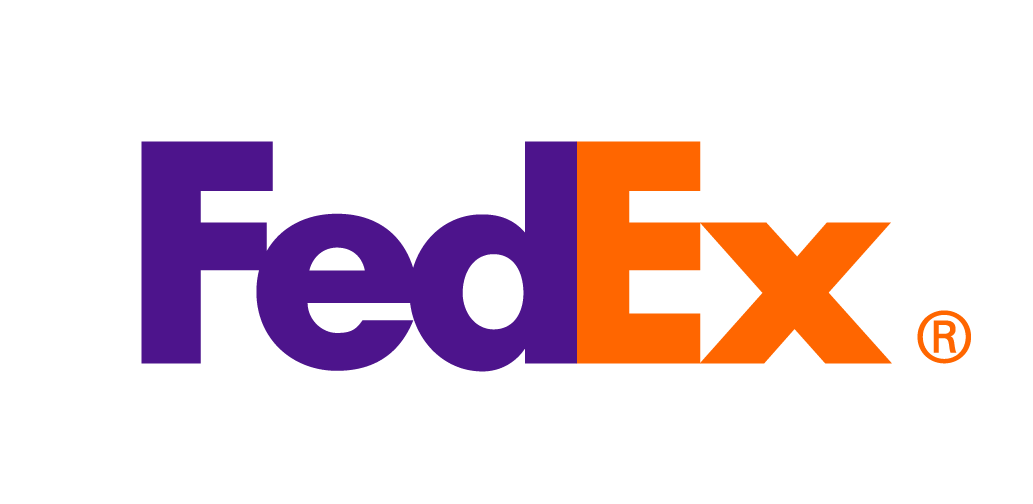
The gig economy has become more popular than ever as professionals seek more independent contracts and freelance work to supplement or replace their full-time income. According to data from Zippia, there are over 70 million freelancers in the U.S. as of 2022, up from 58 million in 2021.
Because the perks of choosing your projects, setting your own rates, and having more control over your career are so appealing to the modern workforce, some businesses actively seeking full-time employees might find it difficult to secure talent. Here’s what your business needs to know about competing with the gig economy to attract and retain employees.
[Read more: 6 Hiring Tips for When Your Business is Growing]
Why more workers are choosing the gig economy
In the post-pandemic world, employees’ mindsets, wants, and needs are shifting. Burnout has become a major issue among modern workers, especially since the pandemic. In fact, 67% of employees believe burnout has worsened since the arrival of COVID-19.
“Today, many organizations are facing devastating challenges in the workplace, such as employee burnout, diminished productivity, high turnover, quiet quitting, and an unhappy work environment,” said Peggy Sullivan, CEO of SheCAN!, a nonprofit women’s networking organization. “Simultaneously, the world is experiencing a dwindling state of our emotional well-being, which is all but unsurprising considering the many challenges and misfortunes the world has recently suffered.”
More employees are feeling less engaged at work and are seeking autonomy over their careers. This disconnect is causing many employees to “quiet quit” or put in the most bare minimum effort possible at work. “Quiet quitters” make up half — if not more — of the workforce today, according to a recent Gallup poll.
“The quiet quitting trend is more about employers not keeping pace with the needs, wants, and most importantly the values of their employees,” Sullivan said. “Too many organizations are blind to what their employees value, and until that changes, it's fair to assume the Great Resignation and disengagement trends will continue.”
[Read more: 5 Common Job Interview Formats for Hiring New Employees]
Recruitment strategies to compete with the gig economy
According to Dave Deitering, General Manager of HR Compliance at Mitratech, small businesses can have the upper hand when hiring in a tight labor market with some hard work and creativity in their recruitment strategies. These tips can help you draw in candidates who might otherwise be considering full-time freelance work.
The quiet quitting trend is more about employers not keeping pace with the needs, wants, and most importantly the values of their employees. Too many organizations are blind to what their employees value, and until that changes, it's fair to assume the great resignation and disengagement trends will continue.
Peggy Sullivan, CEO, SheCAN!
Ask your team for referrals
The gig economy might be appealing to independent professionals, but it doesn’t always offer the same kind of camaraderie and fulfillment as belonging to a team with a shared goal and vision. Employers can ask their current employees for talent referrals, who will be better able to sell prospective candidates on the perks of their company culture.
“Small businesses have the ability to tap into their existing workforce and drive employee referrals, which is an often overlooked source of identifying new talent,” Deitering told CO—. “In creating a great environment for your current team members, be sure to leverage that to your advantage when finding your future team.”
Define your core values as a brand
Sullivan recommended asking your team what they value, what’s important to them, and what motivates them the most.
“Values are as unique as a fingerprint, and not knowing your team is like using a flashlight with dead batteries: it won’t work,” she said. “When you know your core values, your actions emerge from an energized source, are easier, go further and accomplish more.”
Make the application process seamless
Job candidates often expect an easy application process that doesn’t make them jump through too many hoops or get them stuck in a technical glitch. Deitering advised meeting candidates where they are and making the process simple, fast, and user-friendly.
“That means having mobile-optimized technology, a [seamless] application process, and hiring teams that understand that every minute you are not spending with those candidates is a minute your competitor is,” he added. “Automate routine tasks like gathering information from candidates and scheduling time to meet so that you or your managers can maximize the time you spend speaking with those candidates to find the right match.”
Be flexible and focus on results
Experts expect that 25% of all professional jobs will be remote by the end of 2022. This rise in remote work directly correlates with the desire for flexibility, which is a big draw of the gig economy.
“If employers want to stand out, they need to be more flexible on the terms of employment,” Sullivan said. “They need to focus on results and let employees work on their terms [so they] can achieve the things that are uniquely important to them. People want to live a productive and happy life so they can do what they love and love what they do.”
By prioritizing flexibility, you give your workers the opportunity to do just that.
[Read more: Could Second Chance Hiring Ease Your Hiring Challenges?]
CO— aims to bring you inspiration from leading respected experts. However, before making any business decision, you should consult a professional who can advise you based on your individual situation.
CO—is committed to helping you start, run and grow your small business. Learn more about the benefits of small business membership in the U.S. Chamber of Commerce, here.










